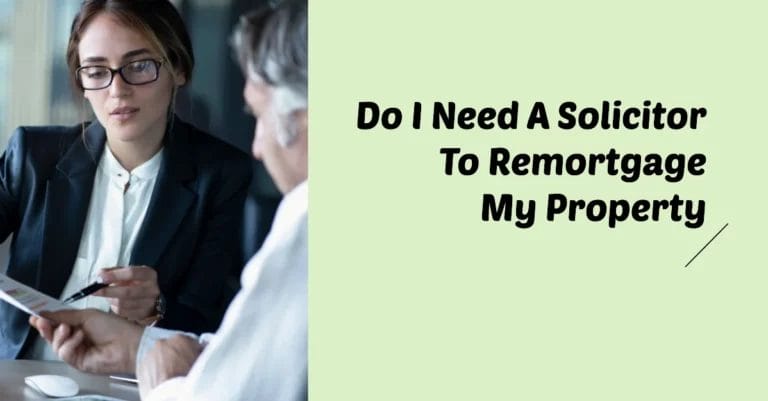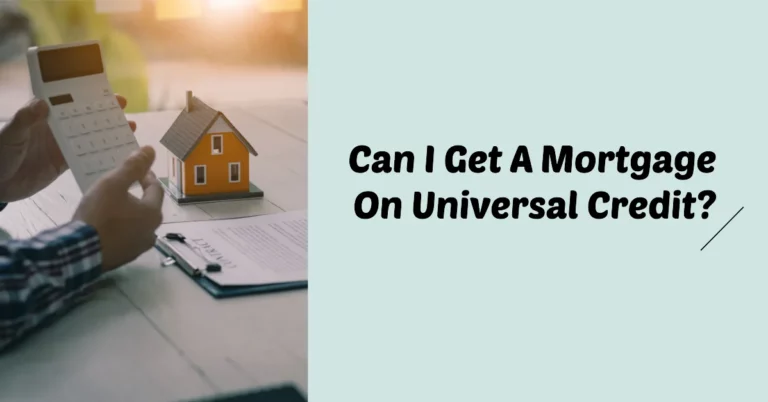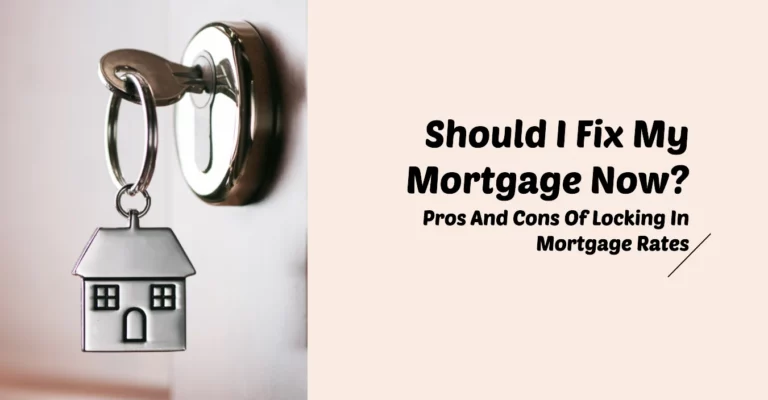Is renting a property without a buy to let mortgage illegal?
Purchasing a home, especially in the UK, often requires a mortgage. Some homeowners may want to rent out their homes to make money or become landlords instead of just having a residential mortgage. However, most mortgage lenders prohibit renting out your home without a buy-to-let mortgage.
To pay your mortgage and rent out your home, it’s important to talk to a mortgage broker and let your mortgage lender know about your plans. Please do so to avoid a breach of contract, as buy-to-let mortgages have different requirements.
Is it illegal to rent a house without a buy to let mortgage?

Yes, renting out your property without informing your mortgage lender is illegal. Failing to disclose that you let out your home and receive rental income constitutes mortgage fraud, a criminal offence. If you need to pay your mortgage by renting out the property, you must obtain permission from your lender or switch to a buy-to-let mortgage.
Some conditions need to be met before you can move forward. If you are the homeowner, you will need to obtain something called consent to let rent the property out. It would be best to inform your lender before making any of these decisions, or you could face the consequences. Letting out rooms without your lender’s consent is known as mortgage fraud, even if you are in the process of switching to a buy-to-let mortgage.
What if you are caught renting on a residential mortgage?
Going against the law is never a wise thing to do, and it can cause serious consequences. If you are caught renting your home bought on a residential mortgage without the consent of the lender, then you could face hefty fines and even imprisonment in some cases. This is because most mortgage agreements don’t allow renting out residential properties, and any breach of these rules can cause severe consequences for you. It is recommended you speak to specialist advisors before making such decisions.
If you breach any of the mortgage rules, you could also be in breach of the Fraud Act 2006. This could mean that you face up to 10 years imprisonment for fraud. However, the worst part is that you will have a criminal record, and banks and lenders will not want to do business with you again. Getting a mortgage is nearly impossible.
If you are caught renting out your residential property or any property which is not a buy-to-let, not just will you face fines and could face higher rates, but it can also mean that the lender will ask for your whole loan amount to be paid immediately and in most cases, this means that you must sell your property.
If you are caught doing mortgage fraud, you have lost the trust of the banks and lenders, meaning it would be extremely difficult to ever be accepted for a mortgage loan again.
Why do people rent out their houses bought with a residential mortgage?
There are many reasons why someone may want to rent out their normal property, such as residential property. A common reason might be having an extra income source on the side if some rooms in your house are not being used.
Another reason may be that they are away for work and do not want to leave the property empty or sell it, so they decide to rent it out for that time.
A third reason could be that the property market is not at the right stage for them, so they decide to hold onto the property. This also has the problem of having an empty property, so they seek to rent it out.
Selling homes is not always profitable, so some people rent out their homes in adverse market conditions and sell them in the future when the conditions are better.
Moving out with a partner or other family members is another reason to rent a house bought with a residential mortgage. If they have an empty property that you also want to sell, you may decide to rent it out.
These are some possible reasons why someone may want to rent out their current property. In some cases, they want to rent out houses for a short period, and in some cases, they want to rent properties for the long term.
But whatever the reason, all homeowners want to know if renting out homes bought with normal mortgages is illegal.
The right way to Renting Out Homes Bought on a Normal Mortgage
There are two ways of renting out a house bought on a residential mortgage. One is by acquiring consent to let, and the other one is by changing a residential mortgage to a buy-to-let mortgage. We will describe both here:
Get consent to Let from your lender
Consent to let is most applicable when a homeowner wants to rent their house for short terms. In such a case, you should speak to your lender and gain consent to let out the property. This could be a short-term option for you and solve the issue instantly.
What is Consent to Let, and how can you get it?
A consent to let is an agreement made with the lender to alter the conditions of your mortgage agreement to allow you to rent out some or all of your home for a short period. Many lenders are willing to give this consent, which is not hard to obtain; however, some conditions need to be met, such as being up to date with all your normal mortgage payments. Also, showing proof of a legal tenancy agreement is needed. It is important to remember that consent to let is a short-term agreement and not long-term, so switching to a buy-to-let mortgage is a more suitable option for you if you are considering renting out in the long term.
Change your residential mortgage to buy to let
Switching your residential property to a buy-to-let is the long-term solution for renting it out. This could easily be done by discussing the situation with your lender. You can find more information in this tutorial.
Why Is Consent Required?
If you’ve bought your home with a standard residential mortgage, one of the terms of your mortgage is that you live in the property yourself. It’s legal to let the property by first obtaining permission from your mortgage lender. Doing so would breach the contract, and you’ll need to pay back penalties such as additional fees or extra interest. Therefore, if you have a residential mortgage and want to rent out your home, you must either get consent or switch your mortgage to a buy-to-let.
When Must I Get Consent?
Once you’ve decided to rent out your property to a tenant, you must contact your lender and arrange to get permission. Sometimes, it’s best to switch your mortgage to a buy-to-let, but in some cases, obtaining Consent To Let may be the better option. For example, if your current mortgage term is fixed, but you’re keen to move, obtaining consent and then letting out your home can help you avoid early repayment fees. If you’re planning to move overseas for a short period but will eventually return, getting consent will enable you to let out your property while you’re away, providing you with rental income to pay for the cost of renting another property in your chosen destination.
The Bottom Line
Renting out a property that is not a BTL is possible; however, it should be done correctly. Communication with the lender and updating them on any changes you wish to make are key. Speaking to a specialist adviser before making such decisions is always a good decision.






